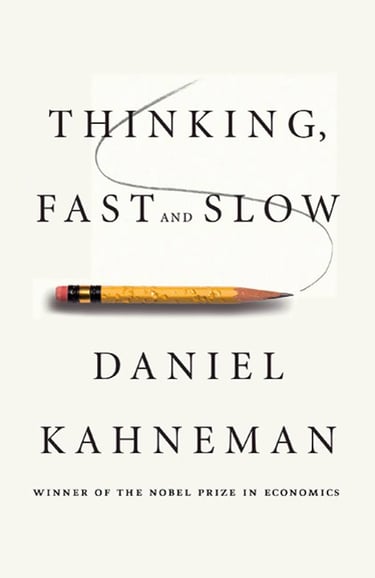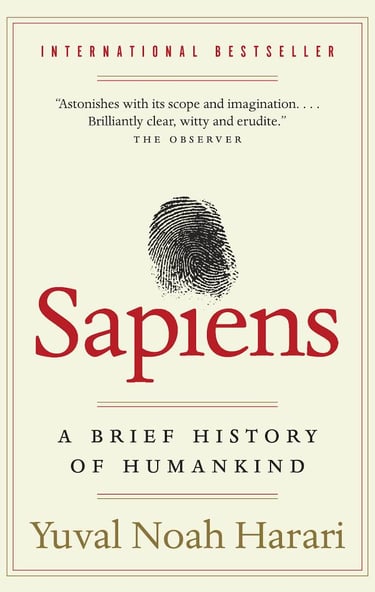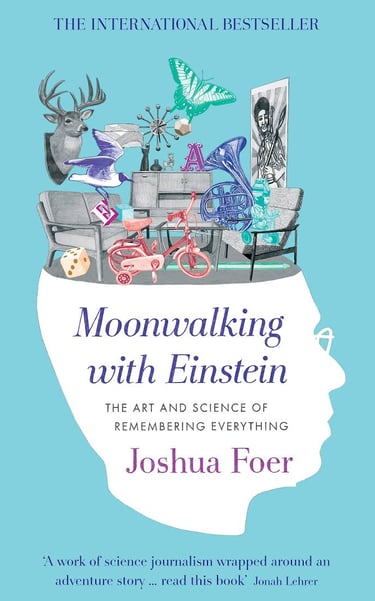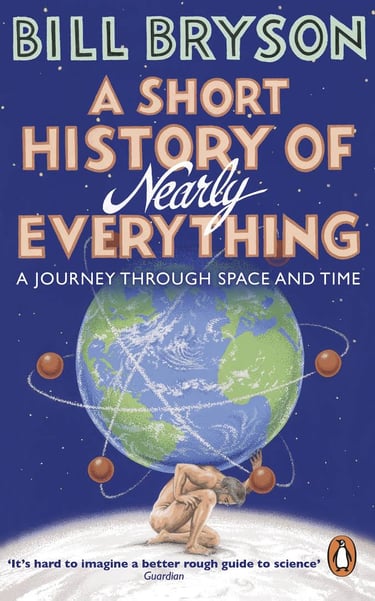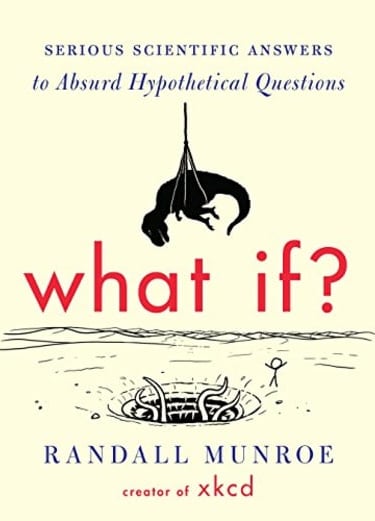Unlock Your Genius
6 Books to Make You Smarter Than Ever!
12/21/20244 min read
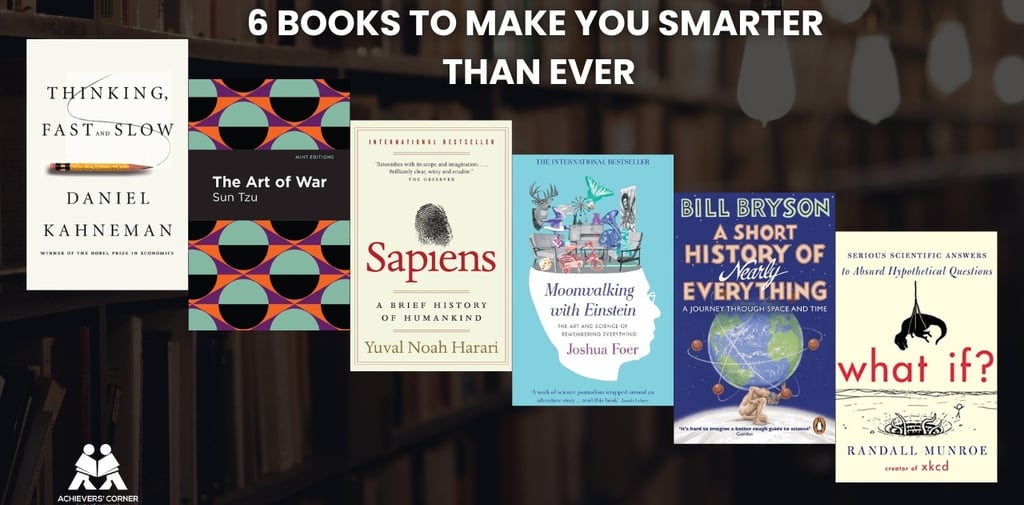

Books have the power to transform your perspective and sharpen your intellect. These six books are must-reads, if you want to elevate your understanding of the world, human behavior, and innovative ideas. Let’s dive into what makes each of them special!
1. Thinking, Fast and Slow by Daniel Kahneman:
"Nothing in life is as important as you think it is, while you are thinking about it."
This book dives into the two systems of thinking: the fast, intuitive mind and the slower, more analytical mind. Nobel laureate Kahneman explores how these systems influence our decision-making, biases, and judgments.
Key Lessons:
Understand Cognitive Biases: Our fast-thinking mind often leads to snap judgments, prone to errors and biases.
The Power of Deliberation: Slower, analytical thinking can lead to more accurate decisions, but it requires effort and practice.
Question Intuition: Not all gut feelings are reliable—distinguishing between instinct and bias is key.
2. The Art of War by Sun Tzu:
"In the midst of chaos, there is also opportunity."
Written over 2,500 years ago, this timeless classic offers wisdom on strategy, leadership, and conflict resolution that’s still applicable today.
Key Lessons:
Preparation Wins Battles: Success comes to those who plan thoroughly and adapt to changing circumstances.
Know Your Enemy and Yourself: Understanding both your strengths and the challenges you face is critical for victory.
Flexibility is Power: Adapting your strategy based on the situation ensures sustained success.
3. Sapiens: A Brief History of Humankind by Yuval Noah Harari:
“We study history not to know the future but to widen our horizons, to understand that our present situation is neither natural nor inevitable, and that we consequently have many more possibilities before us than we imagine.”
Harari takes you on a journey through human history, exploring how Homo sapiens evolved, created societies, and shaped the modern world.
Key Lessons:
Stories Build Societies: Shared myths and narratives unite people and enable cooperation at large scales.
Humanity's Role in Nature: Our dominance has come at a great cost to other species and the environment.
Question Progress: Not all advancements, such as capitalism or technology, equate to happiness or fulfillment.
4. Moonwalking with Einstein by Joshua Foer:
"Monotony collapses time; novelty unfolds it."
This fascinating book explores the art and science of memory, showing how ordinary people can achieve extraordinary feats of recall.
Key Lessons:
Memory is Trainable: With techniques like the memory palace, anyone can improve their ability to retain information.
Practice Deep Focus: Mastering memory requires stepping away from distractions and practicing intense concentration.
The Importance of Observation: Pay attention to details; the more vivid your mental imagery, the better your recall.
5. A Short History of Nearly Everything by Bill Bryson:
"It is a slightly unnerving thought that we may be the living universe’s supreme achievement and its worst nightmare simultaneously."
Bryson takes you on an entertaining journey through science, explaining the universe, evolution, geology, and more in an engaging and humorous way.
Key Lessons:
Science is Awe-Inspiring: The complexity and beauty of the universe are revealed through scientific inquiry.
Appreciate the Fragility of Life: Our existence is a miraculous result of countless precise conditions aligning.
Curiosity Fuels Progress: The desire to understand the world drives innovation and discovery.
6. What If? by Randall Munroe:
"The difference between a good explanation and a bad one is the ability to imagine yourself in the other's place."
Munroe, the creator of the webcomic xkcd, uses humor and science to answer absurd hypothetical questions, making science fun and accessible.
Key Lessons:
Embrace Curiosity: Even the weirdest questions can lead to fascinating insights about the world.
Complexity Simplified: Breaking down difficult concepts into simple explanations makes them easier to grasp.
Creativity in Science: Imagination is a vital part of understanding and exploring possibilities.
Conclusion:
These six books offer a mix of history, science, psychology, and strategy, guaranteed to make you smarter. They challenge conventional thinking, inspire curiosity, and equip you with tools to navigate life with sharper intellect. Which one will you pick up first?
